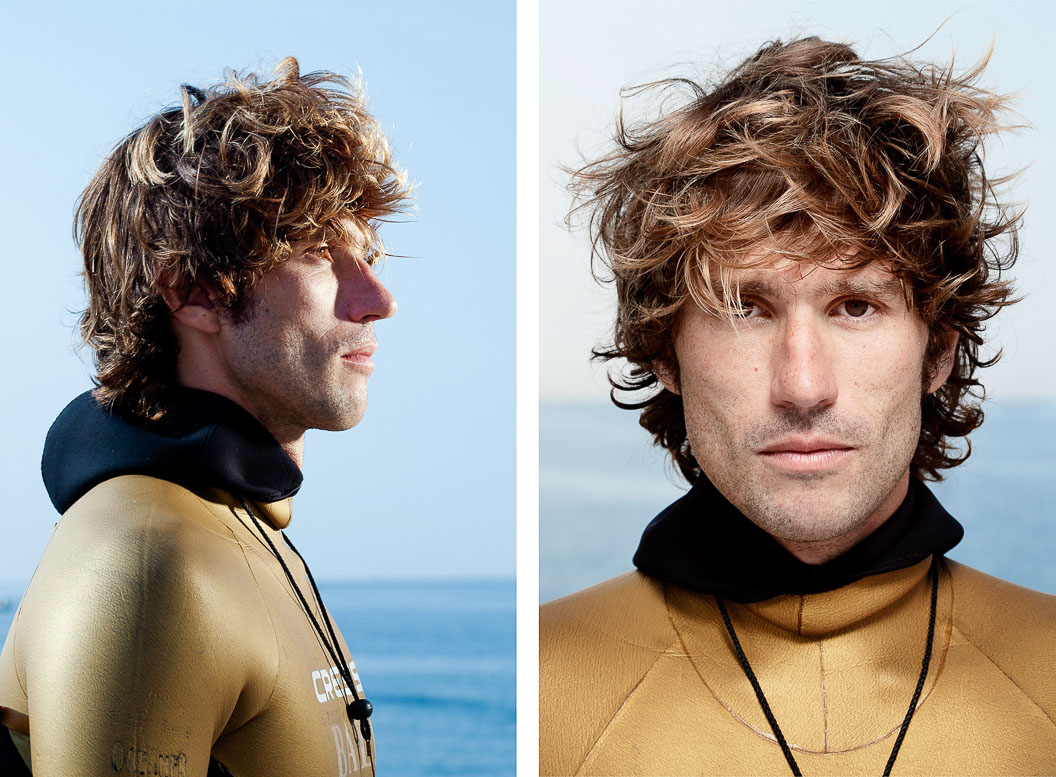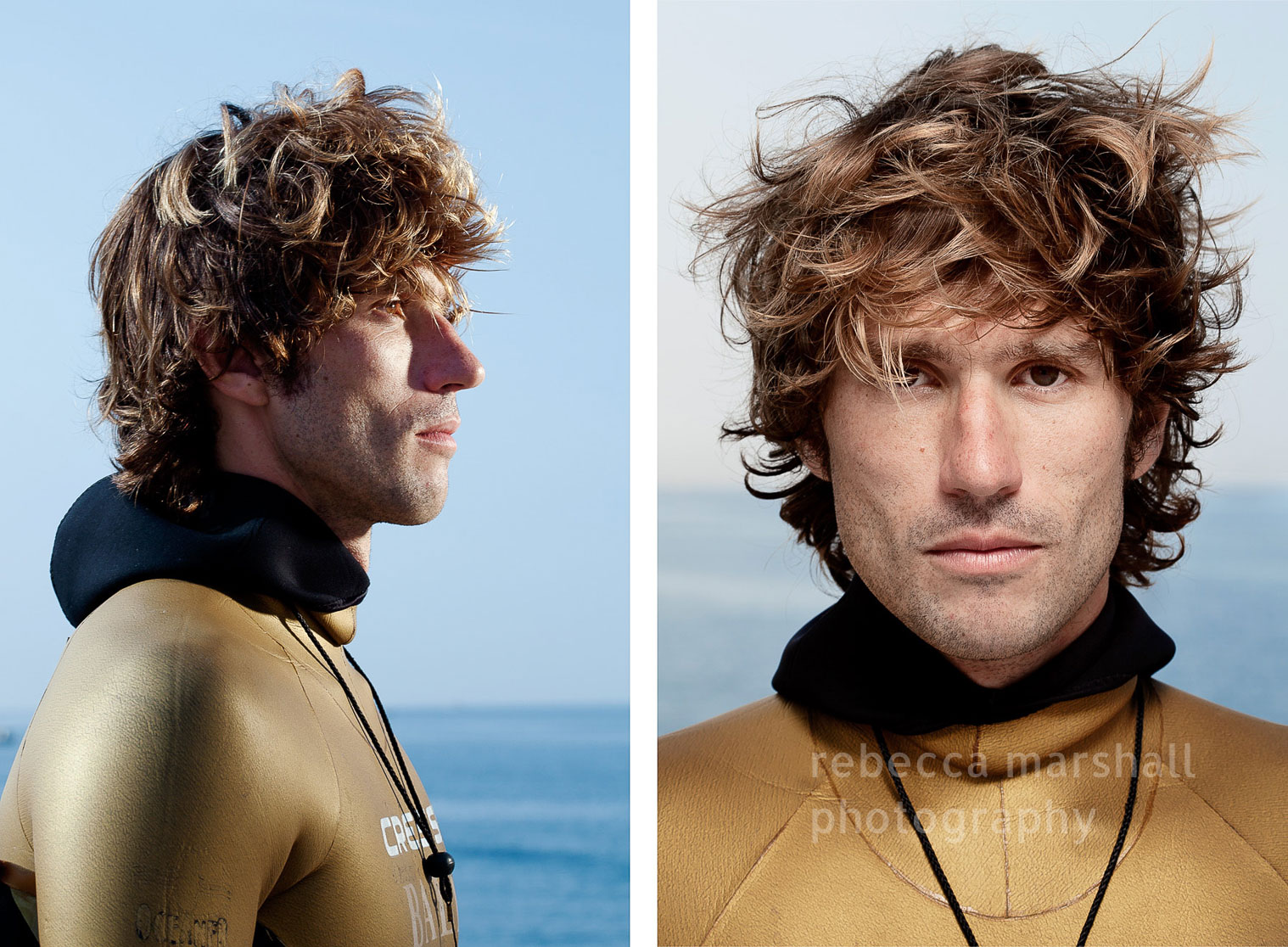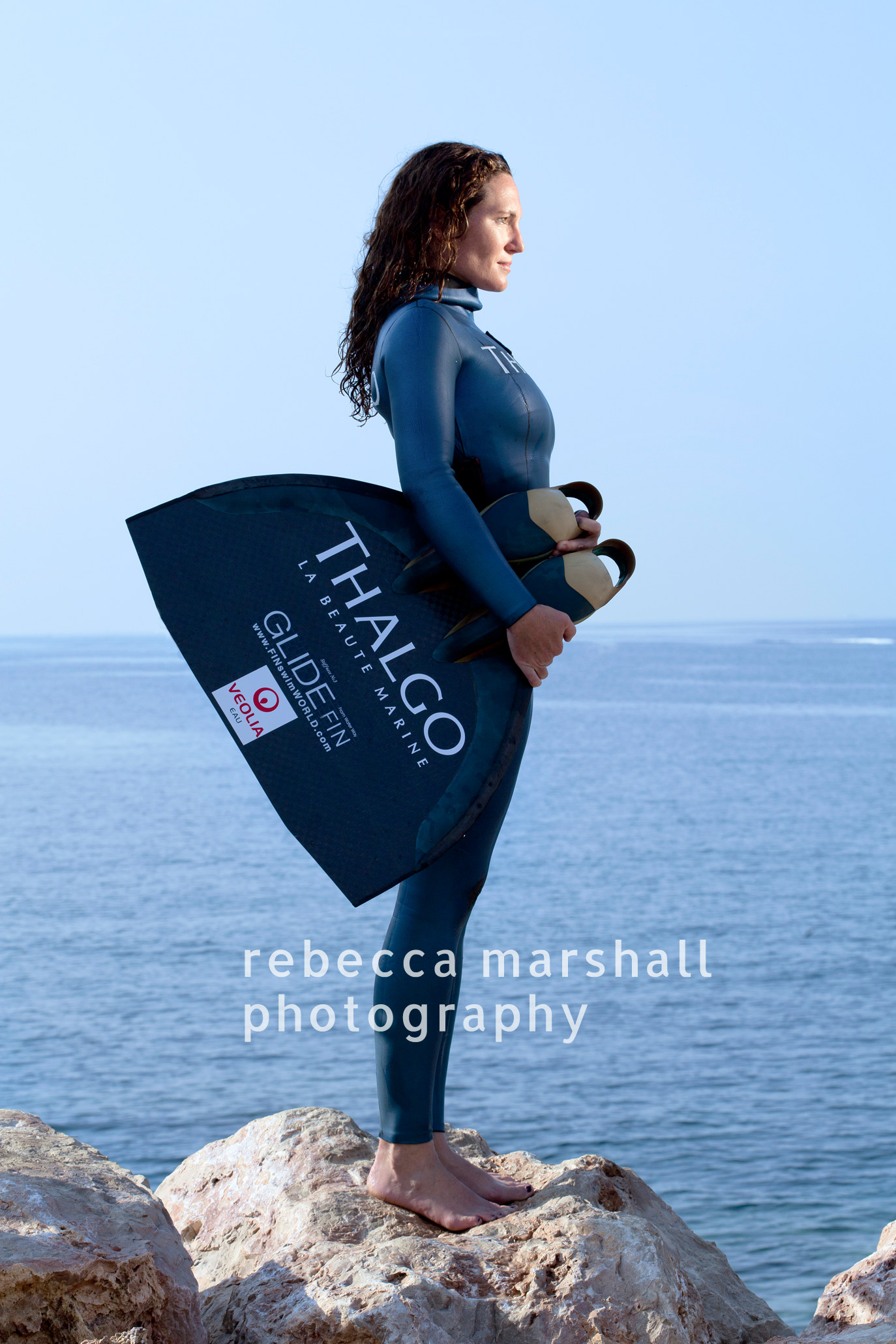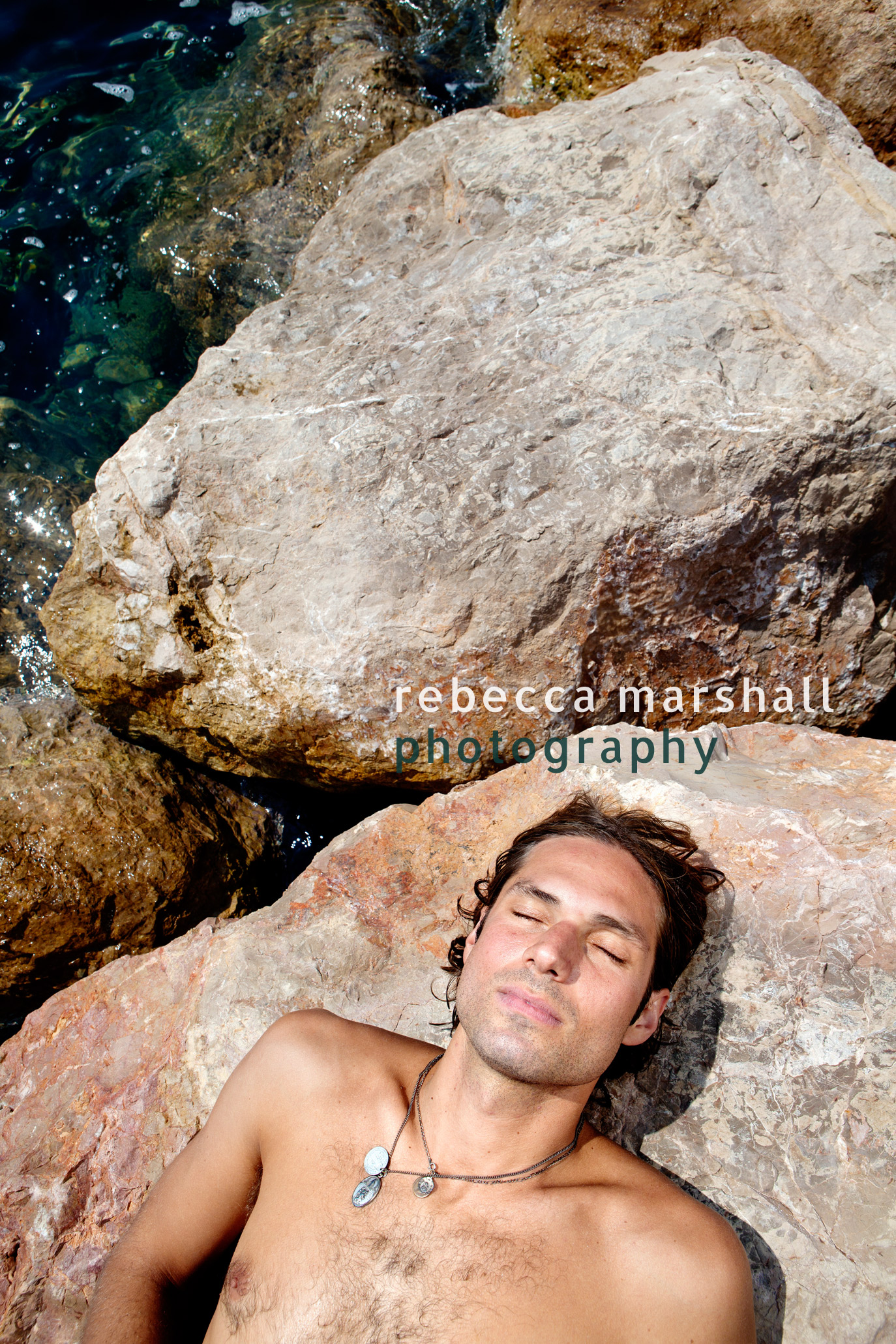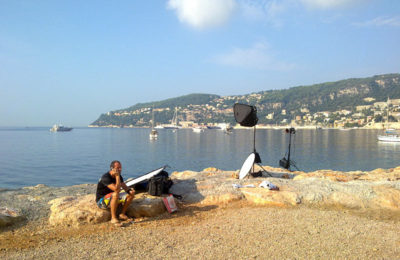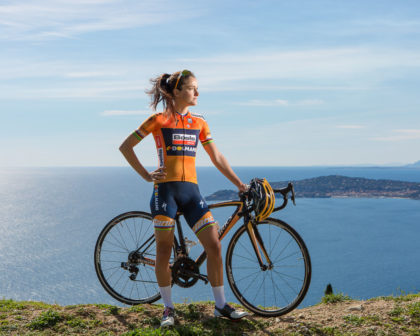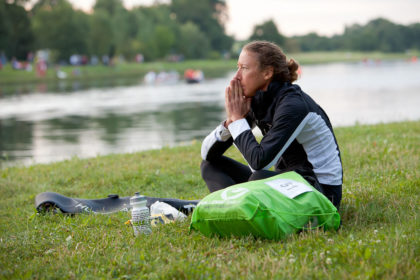“We are stardust. We are nothing in the middle of nothing.” French champion freediver Guillaume Néry’s words might seem a little bleak to start a New Year’s blog post, but bear with me.
Freediving comes home
France, is considered by many (especially the French) to be the home of freediving. If silver screen fame of ‘Le Grand Bleu‘ [Luc Besson’s ‘The Big Blue’, the most successful French film of the 1980s] is not enough to convince you, then a healthy crop of French freediving champions and France’s hosting of the first ever freediving world championships by team, in 1996, just might.
Last September, the team championship event was back in the South of France. Over the course of a week, teams from across the globe battled it out Olympic-style in Nice’s swimming pools and in a hole of epic depth off the coast of Villefranche-Sur-Mer. Their aim? Put simply, to hold their breath and swim further, dive deeper, or keep their heads underwater for longer than anybody else.
Deeper and deeper…
Freediving is a sport unlike any other. Elite athletes push the limits of human endeavour. Records are broken every year. Jacques Mayol (made famous by ‘Le Grand Bleu‘) wowed the world in 1983 by holding his breath and reaching a depth of 105 metres under the sea. If you’ve seen the film, you’ll know that a motorised sled took him down, and an air bag whisked him up again. Last year, the world champion freediver Alexey Molchanov broke the 125 metre depth record. But unlike Mayol, he had no equipment whatsoever – just a fin to help him swim back to the surface. Freediving is dangerous; there is no doubt about it. In competitions, the presence of safety divers and strict rules means that in case of a problem, a diver would be highly unlikely to lose their life. But extreme water pressure and low levels of oxygen push freedivers’ bodies to the very limit.
Suffering blackout (where the brain goes into shutdown due to a lack of oxygen) is likely to happen at some stage of every athlete’s career. Although the diver in question apparently recovered quickly afterwards, I found it pretty disturbing to witness a blackout in action from the poolside during one of the heats.
Survival of the calmest
The top freediving athletes are, however, neither adrenaline junkies nor gym bunnies; far from it. Muscles use oxygen, so beyond what is required to swim back up after a dive, extra muscle mass hinders rather than helps. What counts more than anything is the ability to stay calm.
For freedivers, staying ‘zen’ is critical to survival. By listening to the smallest changes within their bodies, athletes know when to dive, and when to stop. A bad judgement, pushing themselves to go on when there is the slightest feeling of stress or tension, can result in instant lung damage. Scientists can’t fully explain why.
So freediving must be one of the only sports where at high levels of competition, it is not surprising to see an athlete stop, mid-attempt. I also noticed, again and again, how athletes talked about the sensation of their competition dive, rather than the depth or distance they had achieved. And what surprised me even more was how they talked about the pleasure of it.
“If you look at it as a normal person, its unpleasant when you want to breathe [and you can’t]. But if you change your perspective, and step away from the discomfort of the urge to breathe, you realise that you can actually swim no problem, and you see the beauty of it. You can enjoy the feeling of your body working on a different level”
[Alexey Molchanov, Russian, world champion freediver]
Portraits & stories
I am not an underwater photographer and stayed firmly on land during the championships. What interested me as a portrait photographer were the freedivers themselves.
I shot a series of portraits on location in Villefranche and conducted interviews with each freediver afterwards. What I learned included what inspired them to start – from Misuzu, who wanted to conquer her fear of water, to Nick, who needed an extra boost of motivation to give up smoking – and why they keep doing it. And I slowly began to understand…
“Freediving is simple. You think about one thing and that’s breathing. And everything else disappears. The weight of water on top of me.. quietens my soul”
[American champion freediver Nick Mevoli]
Their stories are for another day, though. For now, I will end, as I began, with Guillaume’s words:
“We are stardust. We are nothing in the middle of nothing. I really feel that, when I’m freediving. Deep in the sea, I’m simply a speck in the blue immensity. Its a very good feeling, of existing in total harmony with the environment”
